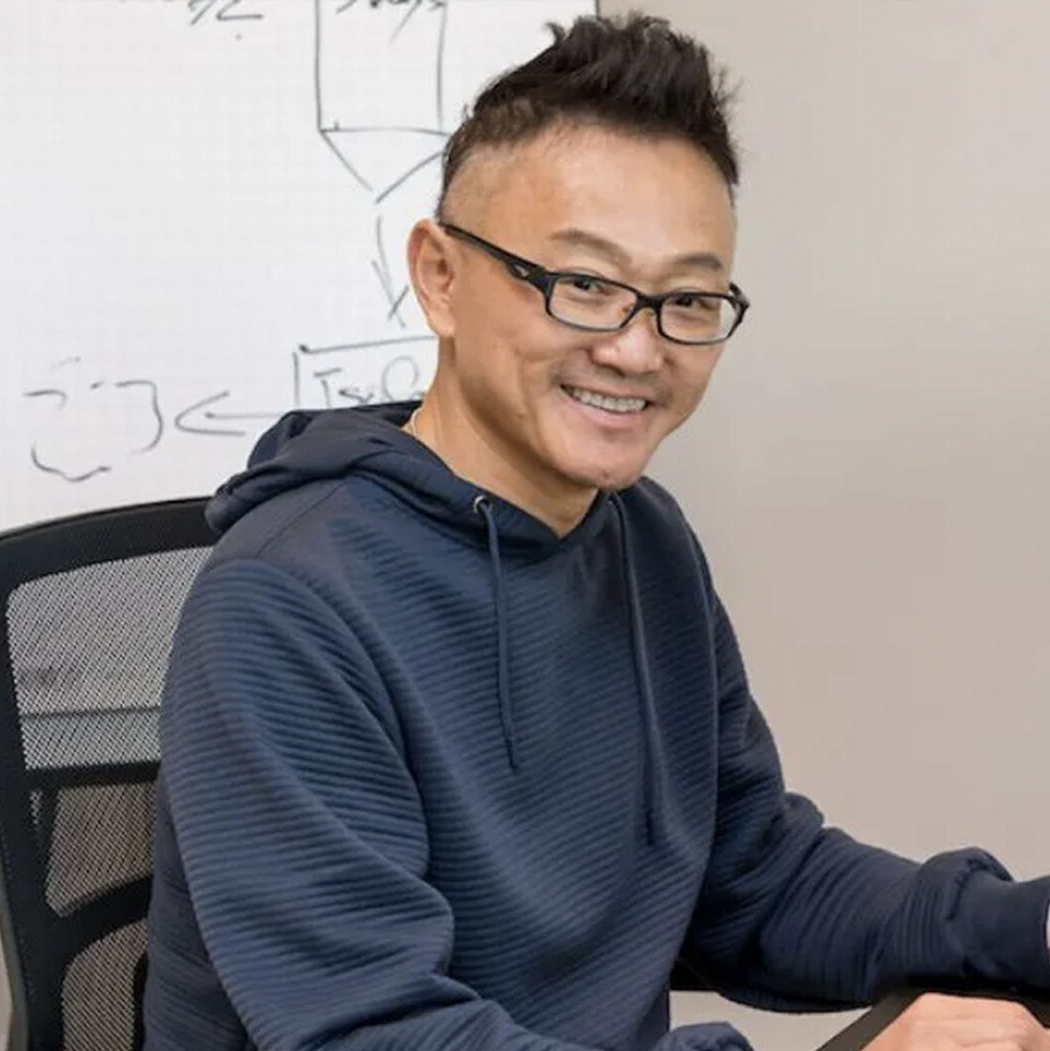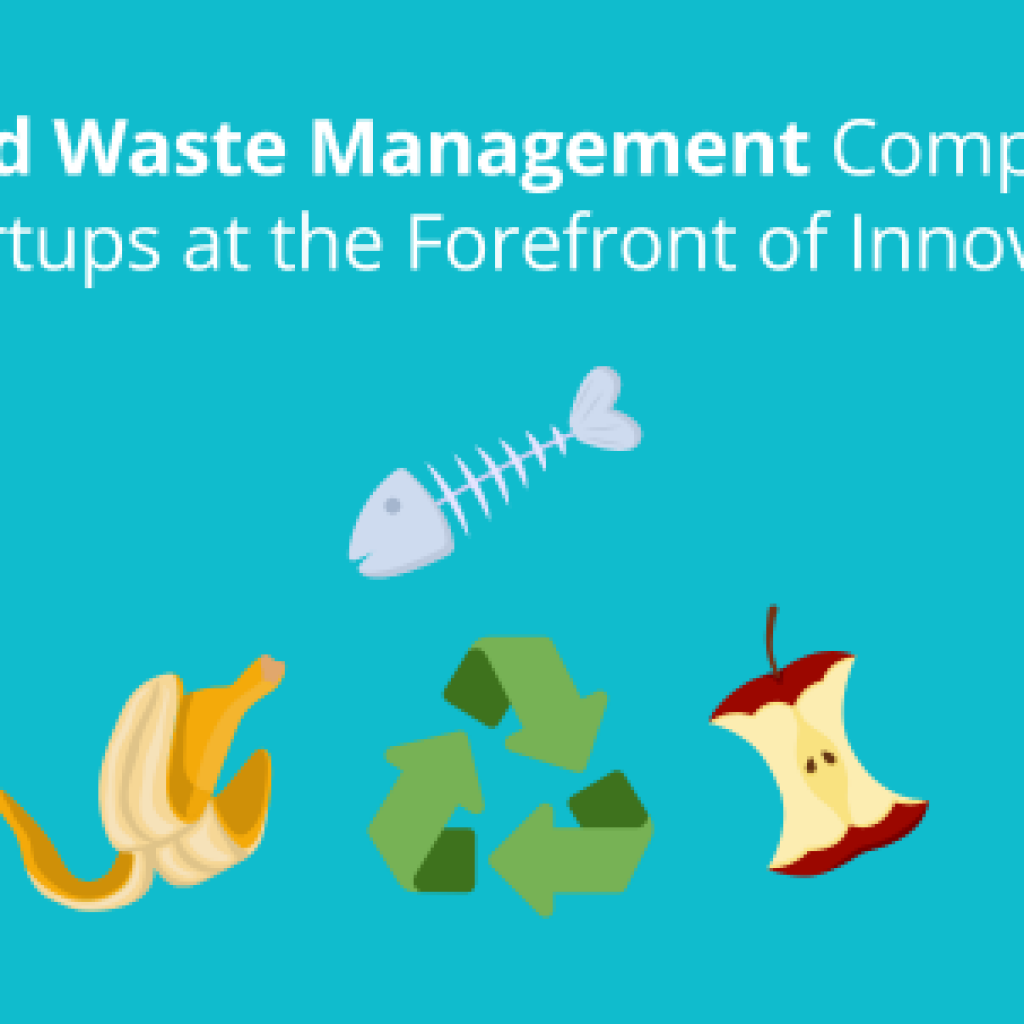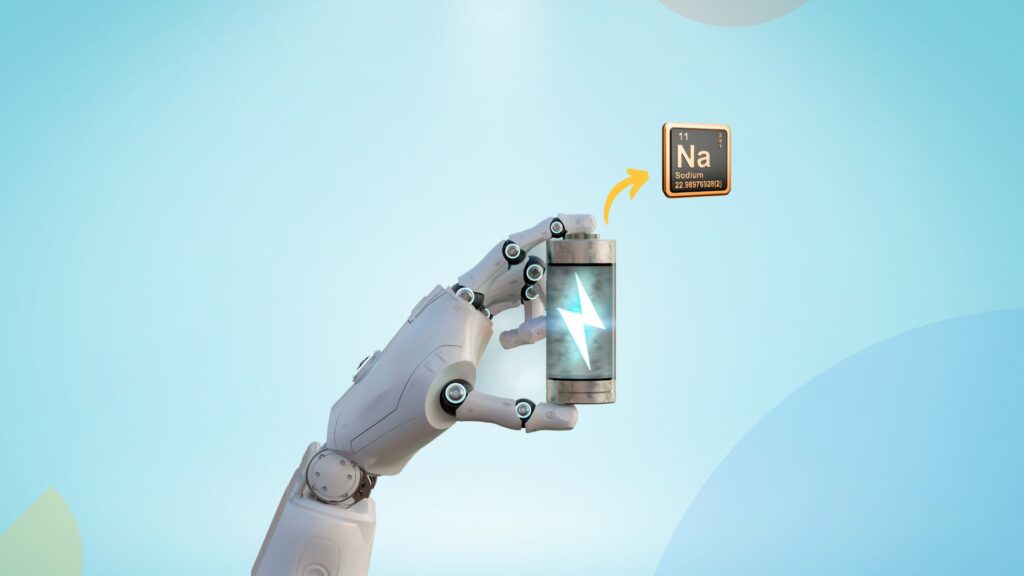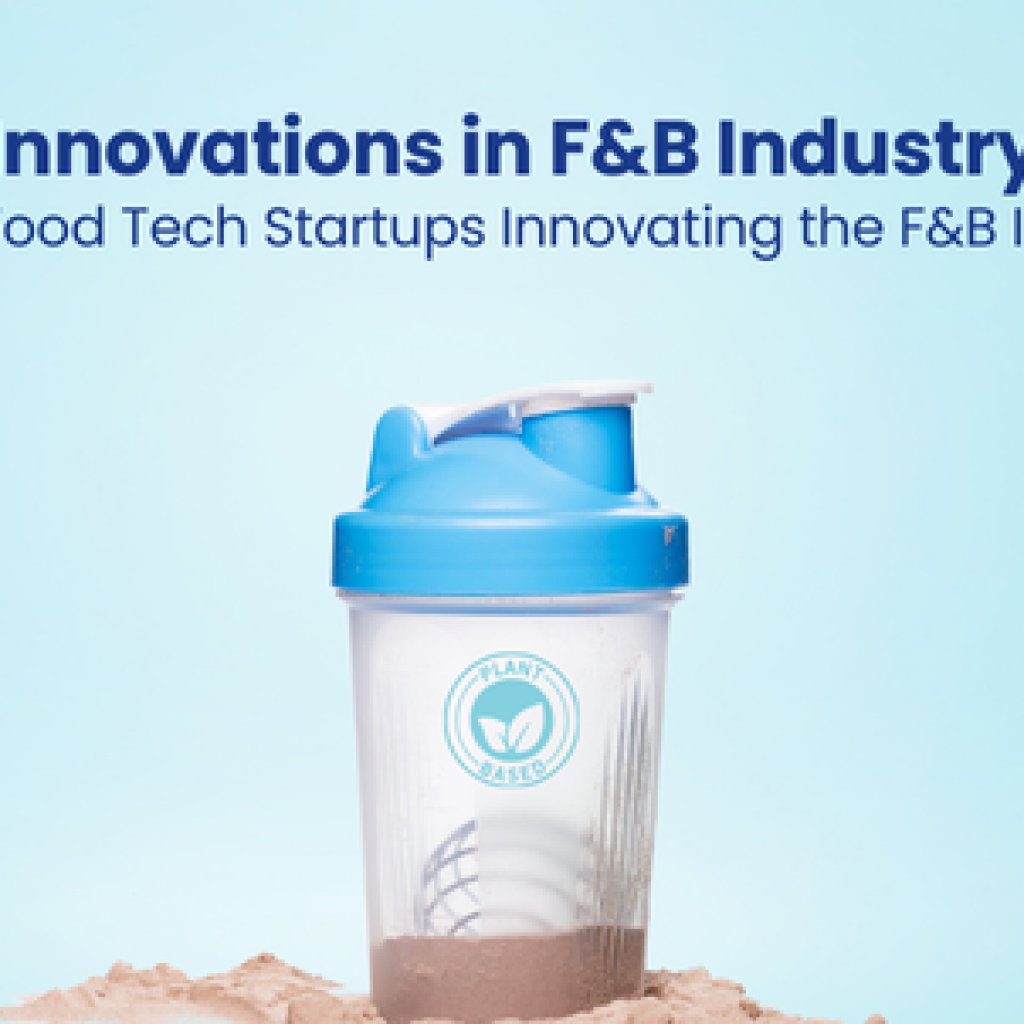With the rise of alternative proteins and food technology innovations, companies face challenges balancing intellectual property protection while fostering innovation. Many startups struggle with patenting broad claims, which can stifle competition and slow technological advancements. Additionally, consumer perceptions of lab-grown and AI-designed foods pose hurdles to market acceptance.
The solution involves strategic IP management, balancing patents, trade secrets, and regulatory navigation. Companies also leverage AI to optimize food production, improve sustainability, and enhance nutritional profiles. Educating consumers on the benefits of new food technologies will be crucial for long-term industry success.
GreyB Talks is a series of insightful discussions with industry leaders on the topics that matter most. In this episode, Dhruva Sood and Shikhar Sahni speak with Sheena Wang from Rothwell Figg and Eugene Wang from Sophie’s BioNutrients to explore the legal and technological trends shaping the future of food.
The challenge isn’t just creating sustainable food alternatives, but ensuring the industry remains open to innovation while protecting foundational breakthroughs.
– Eugene Wang

Eugene Wang is the co-founder and CEO of Sophie’s BioNutrients. He has a background in the food manufacturing industry, coming from a family with a long history in this field. Eugene co-founded Sophie’s BioNutrients in 2017 to create sustainable protein sources using microalgae fermentation. Under his leadership, the company collaborates with other food and beverage companies to integrate microalgae protein into mainstream products.

Sheena Wang is an attorney with the Rothwell Figg DC office. She has a bachelor’s of science from the University of Western Ontario and a double major in genetics and cell biology. Sheena is a passionate author experienced with the food tech industry landscape and the IP strategies surrounding this.
Key highlights:
- AI revolutionizes food development but faces consumer skepticism about “natural” versus tech-designed food.
- Companies must decide between patents (which last 20 years but become public) and trade secrets (which can be indefinite but risk exposure). The choice depends on the technology and market strategy.
- IP laws vary by region, making it crucial for startups to have a global strategy for protecting their innovations.
- AI is accelerating food tech by enabling faster protein folding analysis and optimizing food supply chains, but ownership of AI-generated knowledge remains a key concern.
- Food tech startups face lengthy regulatory approval processes in different markets, requiring careful navigation and compliance strategies.
Watch the entire conversation here on GreyB Talks.
Q: Eugene, you’ve been innovating plant-based protein for over a decade. How has the landscape changed, and what challenges do companies face today?
Eugene Wang: The industry has grown tremendously. When I started, plant-based food was still a niche market. Today, it’s everywhere, and more people identify as flexitarians. However, early movers like Impossible Foods and Beyond Meat have filed broad patents, which can limit innovations. While I understand their need to protect breakthroughs, this approach can stifle new ideas. The real challenge is ensuring IP laws encourage further innovation rather than blocking it.
Q: Sheena, what are the key considerations for food tech startups when developing their intellectual property strategy?
Sheena Wang: Companies need to consider how they protect their technology carefully. There are four main types of IP: patents, trademarks, trade secrets, and copyrights. Patents help secure exclusivity but have a 20-year limit. Trade secrets can last indefinitely, but only if they remain confidential. The challenge is choosing the right mix. Some companies, like Coca-Cola, rely on trade secrets, while others, like Impossible Foods, use patents aggressively. Another consideration is geographic strategy—IP laws vary across markets, so businesses need to plan accordingly.
Q: Shikhar, what are some of the biggest questions innovation teams in food tech ask when developing their R&D strategies?
Shikhar Sahni: Many companies ask about upcoming trends, sustainability challenges, and collaboration opportunities. Sustainability is a core concern—companies want to understand how their technology impacts consumers and the environment. Another growing trend is open innovation. Companies increasingly look beyond their in-house R&D to collaborate with startups, universities, and other players. This requires careful IP management to ensure all parties benefit without restricting future innovation.
Q: What challenges do food tech companies face when protecting their IP, particularly in emerging fields like alternative proteins and AI-driven food formulation?
Sheena Wang: One challenge is that food tech sits at the intersection of two different industries—food and technology. Traditional food companies relied heavily on trade secrets, but food tech leans towards patents. A recent lawsuit between two alternative meat startups illustrates the risks—Better Meat Co. claimed that Meati Foods had stolen its trade secrets. The courts ultimately sided with Better Meat, showing that trade secrets can be enforced and highlighting the risks of relying on them. AI brings additional complexity. AI-assisted inventions are patentable, but AI cannot be listed as an inventor. Companies need to be strategic about how they frame their innovations to fit within existing patent laws.
Q: AI is impacting every industry. How is it changing food tech, and what are the biggest concerns?
Eugene Wang: AI is revolutionizing food tech, from protein folding to designing new ingredients. With AI, what used to take years can now be done in minutes. However, the biggest challenge is consumer perception. People want their technology-driven devices to have patents. But they want their food to be “natural” without machines preparing it. How do we reconcile that? AI-designed proteins can be more sustainable and nutritious, but companies must educate consumers about these benefits instead of just avoiding the “Frankenstein food” label.
Shikhar Sahni: AI also contributes to supply chain optimization and crop resilience. Companies use AI to predict weather patterns, optimize food processing, and develop climate-resistant crops. From an IP perspective, the key issue is data ownership—who owns the AI-generated knowledge, and how do companies protect their proprietary algorithms?
Conclusion
As food technology continues to evolve, companies must navigate complex patent landscapes, shifting regulations, and consumer expectations. A balanced IP strategy and transparent consumer education will drive innovation and ensure the industry’s sustainable future.
The road ahead requires collaboration between legal experts, innovators, and regulatory bodies to balance protection and progress. An innovation and scouting partner like GreyB will help find the right foodtech solution that matches your goals. Please use the form below to submit your questions to our experts.












